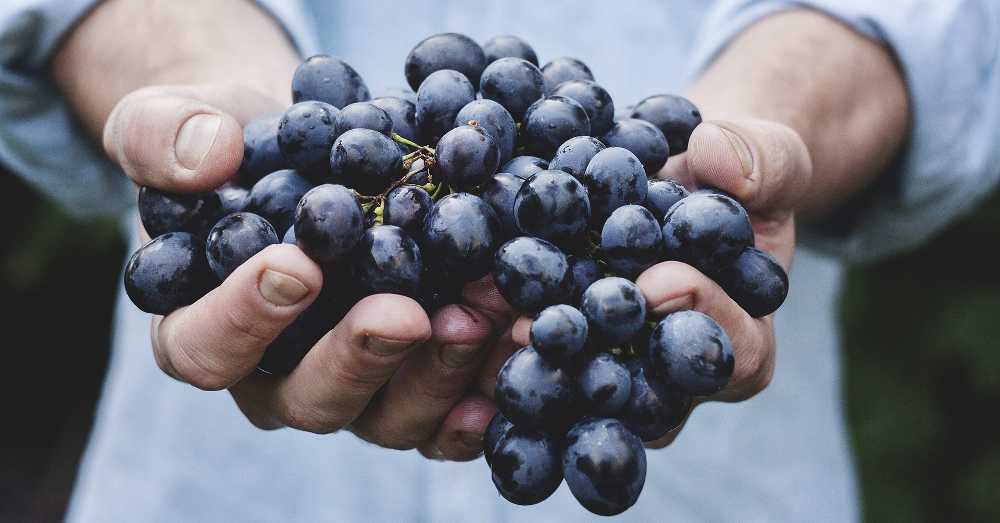
Who Should Feed the World: Real People or Faceless Multinationals?
Unless there is a major hiccup in the next few days, an incredibly powerful company will shortly be given a licence to dominate world farming. Following a nod from Donald Trump, powerful lobbying in Europe and a lot of political arm-twisting on several continents, the path has been cleared for Monsanto, the world’s largest seed company, to be taken over by Bayer, the second-largest pesticide group, for an estimated $66bn (£50bn).
June 5, 2018 | Source: The Guardian | by John Vidal
The merger of corporate giants Monsanto and Bayer begs a vital question – what kind of agriculture do we really want?
Unless there is a major hiccup in the next few days, an incredibly powerful company will shortly be given a licence to dominate world farming. Following a nod from Donald Trump, powerful lobbying in Europe and a lot of political arm-twisting on several continents, the path has been cleared for Monsanto, the world’s largest seed company, to be taken over by Bayer, the second-largest pesticide group, for an estimated $66bn (£50bn).
The merger has been called both a “marriage made in hell” and “an important development for food security”. Through its many subsidiary companies and research arms, Bayer-Monsanto will have an indirect impact on every consumer and a direct one on most farmers in Britain, the EU and the US. It will effectively control nearly 60% of the world’s supply of proprietary seeds, 70% of the chemicals and pesticides used to grow food, and most of the world’s GM crop genetic traits, as well as much of the data about what farmers grow where, and the yields they get.
